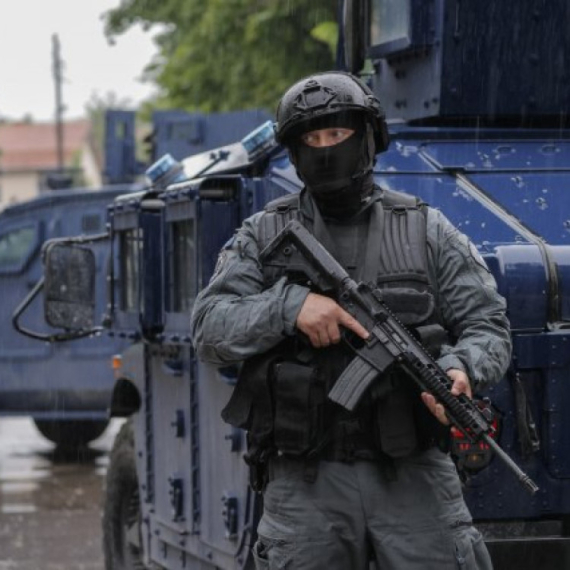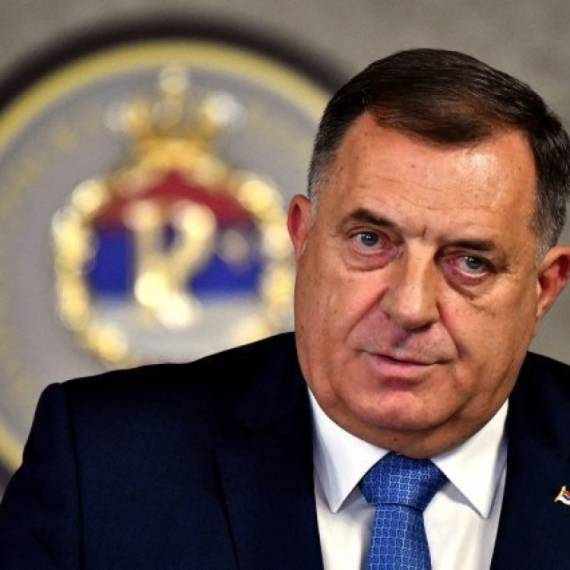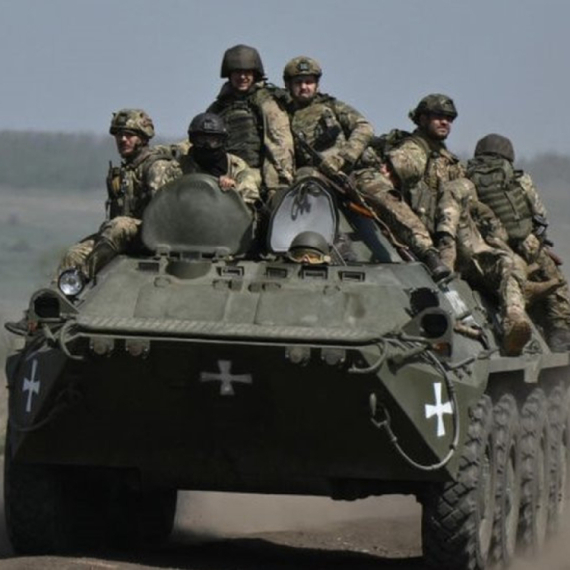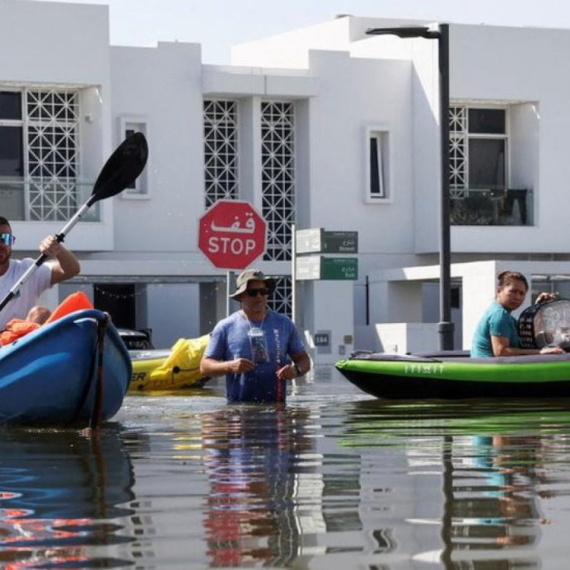Russia mulls dropping Baltic oil export route
By 2015, Russia may completely stop using ports in the Baltic states to transport energy supplies abroad via sea routes, RIA Novosti reports.
Saturday, 05.07.2008.
16:21

By 2015, Russia may completely stop using ports in the Baltic states to transport energy supplies abroad via sea routes, RIA Novosti reports. The news agency quoted the transportation minister, who commented on Russia's current oil products exports, some 80 percent which go through ports in the Baltic states. Russia mulls dropping Baltic oil export route "By 2015 we will have sufficient energy supplies transit capacity at our domestic ports," Igor Levitin told a government meeting in St. Petersburg. Russia is building a sea merchant port at Ust-Luga in the Gulf of Finland outside St. Petersburg to ensure steady transit of oil and gas from both Russia's oil-rich regions and Kazakhstan to Europe via the Baltic Pipeline System-2 (BPS-2), stretching from western Russia's Bryansk Region to the Leningrad Region. The Ust-Luga port is expected to reach an annual transit capacity of 100-130 million tons of oil and oil derivatives by 2015. BPS-2 is the second stage of the Baltic Pipeline System (BPS), which was commissioned in 2001 and has a current capacity of 75 mln tons. The cost of the construction of the pipeline stretch to Ust-Luga is estimated at 78 billion rubles (USD 3.3bn). The BPS-2 project emerged during an oil conflict between Russia and Belarus in January 2007, when Russia did not supply oil to Europe for four days via the Druzhba pipeline after Belarus had refused to let Russian transit oil flows pass without Russia paying a transit duty.
Russia mulls dropping Baltic oil export route
"By 2015 we will have sufficient energy supplies transit capacity at our domestic ports," Igor Levitin told a government meeting in St. Petersburg.Russia is building a sea merchant port at Ust-Luga in the Gulf of Finland outside St. Petersburg to ensure steady transit of oil and gas from both Russia's oil-rich regions and Kazakhstan to Europe via the Baltic Pipeline System-2 (BPS-2), stretching from western Russia's Bryansk Region to the Leningrad Region.
The Ust-Luga port is expected to reach an annual transit capacity of 100-130 million tons of oil and oil derivatives by 2015.
BPS-2 is the second stage of the Baltic Pipeline System (BPS), which was commissioned in 2001 and has a current capacity of 75 mln tons. The cost of the construction of the pipeline stretch to Ust-Luga is estimated at 78 billion rubles (USD 3.3bn).
The BPS-2 project emerged during an oil conflict between Russia and Belarus in January 2007, when Russia did not supply oil to Europe for four days via the Druzhba pipeline after Belarus had refused to let Russian transit oil flows pass without Russia paying a transit duty.


































Komentari 0